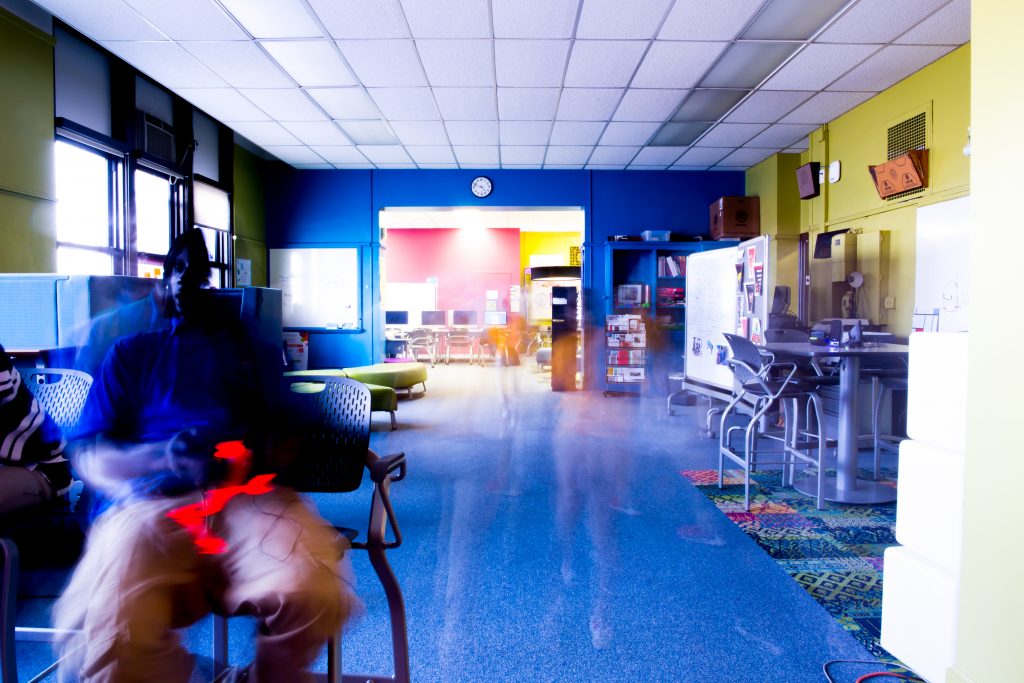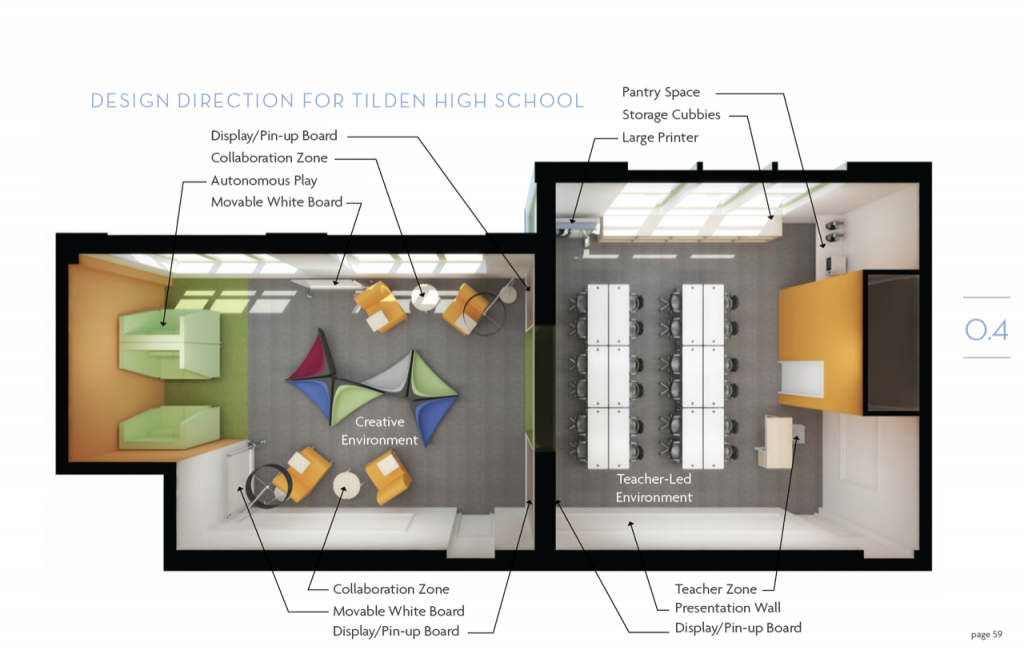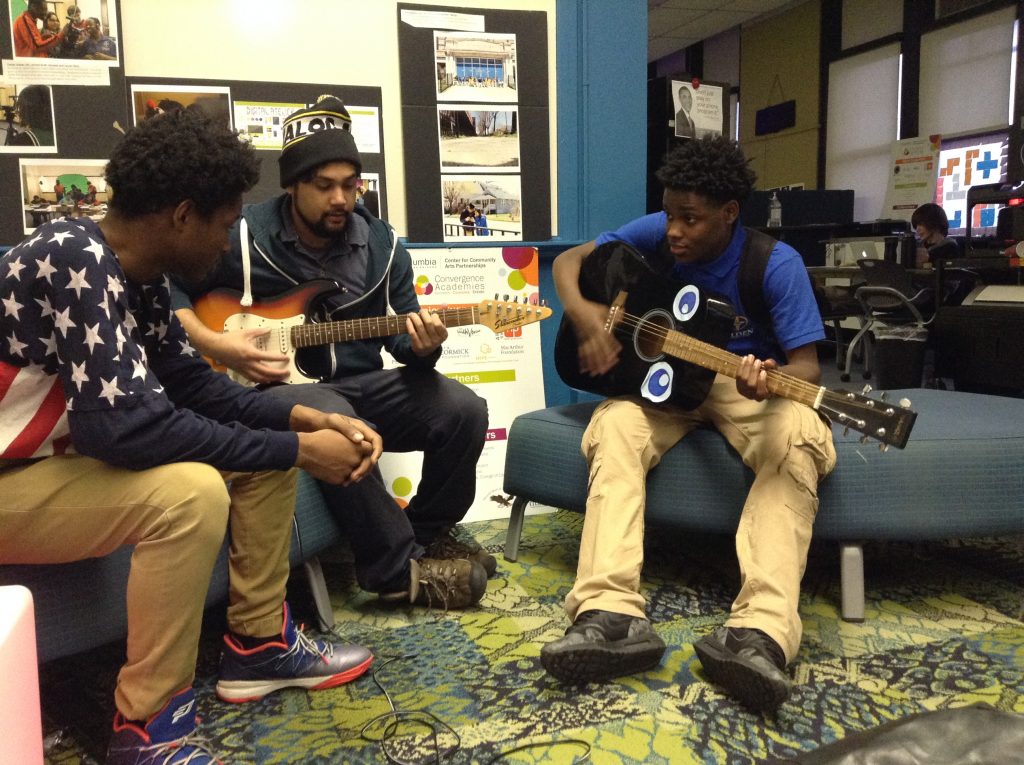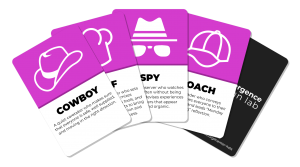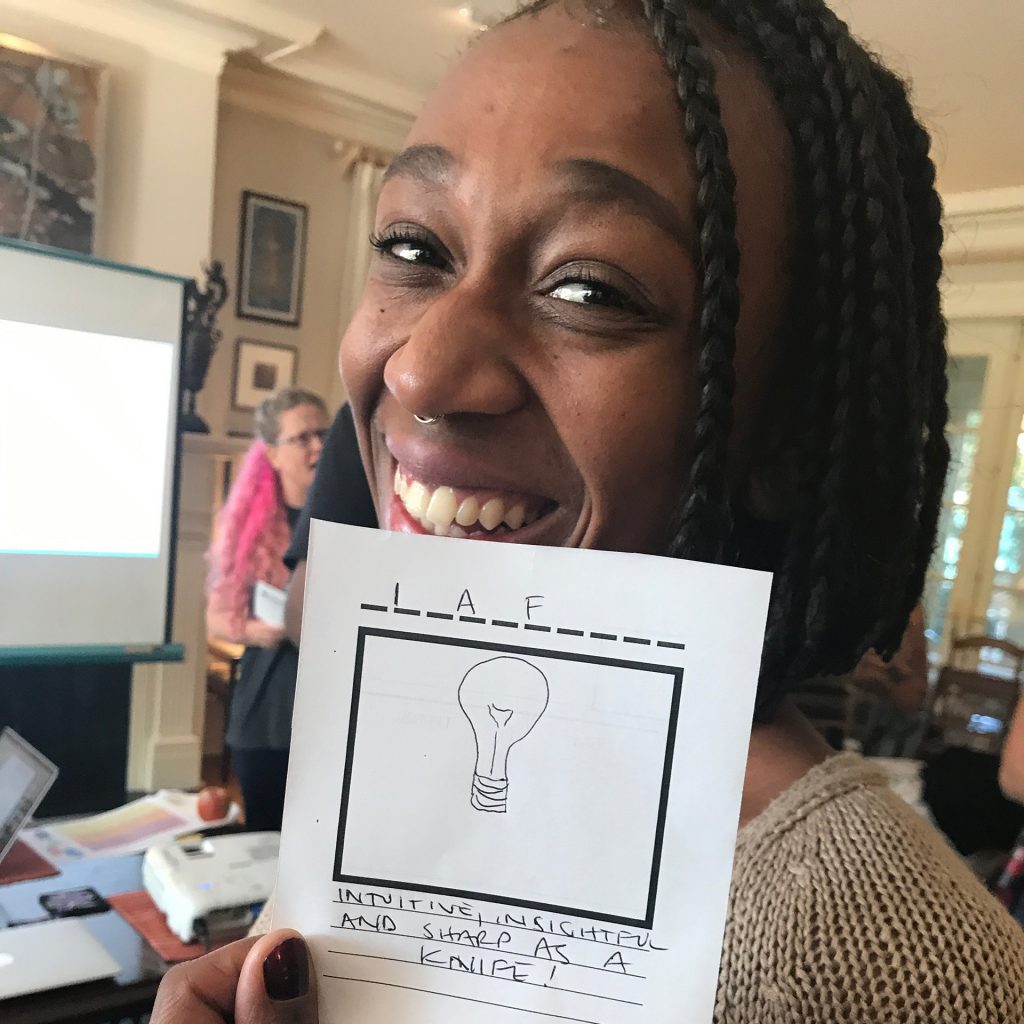This nine-card deck offers a playful way to engage members of a community of practice in collaborative dialogue, reflection and strategic planning. This original deck of cards draws inspiration from The Art of Game Design. We designed our cards to help people define what makes a community of practice strong and what could make it even stronger.
Today, the learning needs of educators, both formal and informal, are shifting at alarming rates. Our Deck of Lenses is one of the many ways Convergence helps support communities of practice by offering powerful strategies for generating critical new knowledge that can help people transform their practice and accommodate ongoing changes in technologies and learner needs.
There are a myriad of ways to use our CoP Decks of Lenses cards, both in person and virtually. Each of the nine cards offers a simple, focused prompt to discuss, allowing folks to dive deep into important considerations without being overwhelmed by the task of improving every aspect of the work. Download the cards and test them out. And let us know how we can help build your CoP!







